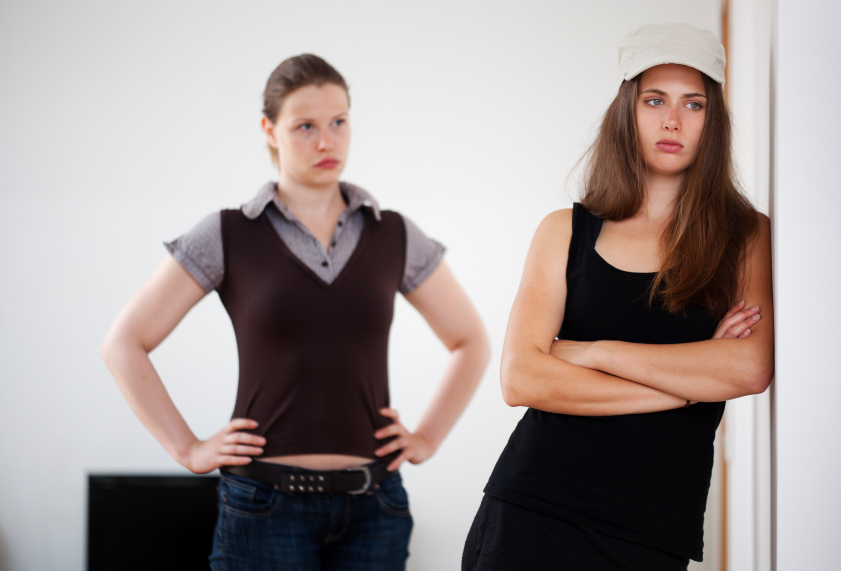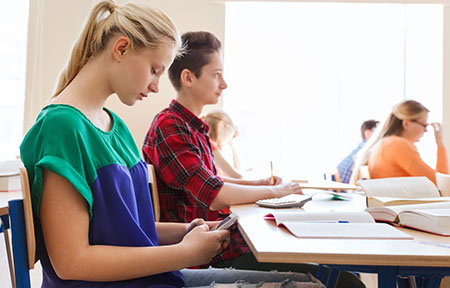Abuse in the LGBTQ Community Is Going Unnoticed
By:
The National Domestic Violence Hotline reports that more than 12 million people experience intimate partner violence every year. Domestic violence is an epidemic that doesn't get enough attention, and the LGBTQ community is no exception.
 You Matter - youmatter.us
You Matter - youmatter.us
My personal experience of abuse in an intimate same-sex relationship involved emotional and economic abuse. My partner drank every evening then demanded sex, often making me late or miss work because of late-night and morning arguments. She would get upset when I refused to pay for her wants and constantly question my whereabouts, assuming I was with someone else. Although this relationship ended after 6 months with a call to the police and a move back to my hometown, many last much longer and are much more abusive.
From the emotional to the physical to the financial, these cases of abuse often remain unreported to police. The Sojourner House in Rhode Island is a nonprofit shelter that aims to promote healthy relationships for straight and LGBTQ victims of intimate partner violence. The men’s shelter coordinator, Anthony Faccenda, has seen many different forms of abuse among LGBTQ men and women.
“Psychological abuse generally would be manipulation and gas lighting, those are general things. When we talk about same sex, psychological tactics that an abuser might use would be threatening to ‘out’ someone. That’s a big one. Perhaps withholding access to hormones, which would affect people transitioning. The center of intimate partner violence is power and control.”
 Net Nanny - netnanny.com
Net Nanny - netnanny.com
Most recently, the subject of digital abuse has risen. Defining it as "controlling social media accounts, participating in online and phone harassment, or sharing nude photos," a recent study shows 63 percent of digital abuse victims are threatened by current or former lovers with revenge porn distributed online. Faccenda cites this type of abuse as very new but largely a problem.
“There is harassment and monitoring through text messaging, email, or even GPS tracking. It could also be something like someone stealing your password so they can look through your computer or your phone or even someone sending unwanted explicit photos.”
Korina Anja Ramsland has almost 20 years of experience dealing with violence prevention and response in the LGBTQ community working with several organizations and schools. She has come across several reasons why victims do not report their intimate partner violence.
“It's the barriers to reporting that are slightly different with this group. It's these ideas that if I turn against my abuser, I’m bringing down my community that we’re fighting to raise up.”
Many law enforcement and domestic violence organizations are just recently becoming trained on how to protect this group. Ramsland has worked with police departments and found that training can be effective when designed by organizations familiar with the LGBTQ community.
“From a training perspective, an academy I completed LGBT training with used curriculum that a domestic violence group created for LGBT. Doing very specific targeted outreach that goes to marginalized communities begins to open up this education and is part of that solution because people already assume exclusion. You have to have targeted conversations and materials so people feel welcome to report these crimes.”
Domestic violence in same-sex partnerships is not going away and there is much work left to do with respect to creating safe spaces. Ramsland recommends we start getting used to the discomfort of talking about abuse.
“The standard fare of using inclusive language, believing people when they tell you, confidently referring them to services and resources are all crucial pieces but as a people we have to be comfortable being uncomfortable," she said. "So knowing that it’s not comfortable to talk about these things but be comfortable that it is because this is too important to let your discomfort get in the way of someone reaching out for support.”
